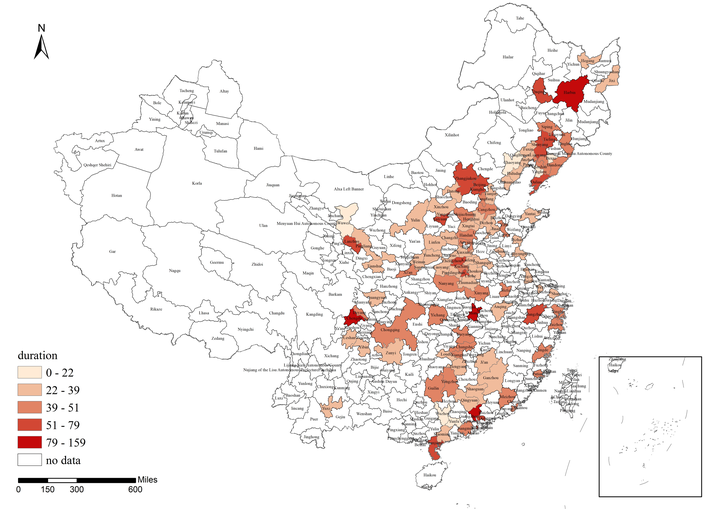The Impacts of the Zero-Covid Policy on Academic Performance: Evidence for Primary and Secondary Students in China

Abstract
The outbreaks of coronavirus disease 2019 (COVID-19) and subsequent lockdowns and school closures have caused varying degrees of academic disruptions for children. This paper exploits variation in the duration that cities were classified as medium- or high-risk areas to identify the effects of China’s zero-COVID policy on the academic outcomes of children aged 6 to 15. Employing a difference-in-differences methodology and focusing on within-student changes in academic performance between pre- and early stages of the pandemic, we uncover robust evidence that the stringency of the zero-COVID policy is associated with significantly better mathematics performance for boys, while having no effects on girls. Mechanism analyses show that parental discipline is crucial for children’s academic performance during COVID-19. Boys benefit more from parental discipline than girls, especially those with weaker noncognitive skills. In particular, a conscientious mother, coupled with an amiable father, seems to bring the best outcomes for the child.